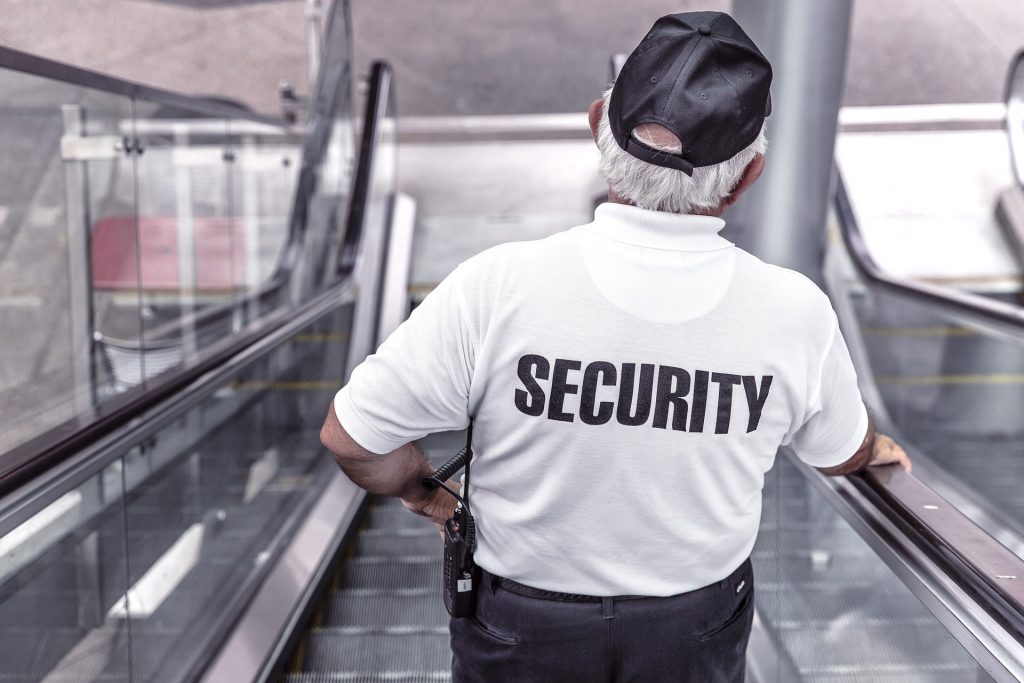Too far, lack of security, limited power, and more — we’ve heard it all. There are plenty of reasons why a company would need to switch colocation providers. Or, perhaps, it’s new to colocation and need the right colocation provider.
Either way, choosing a colocation provider is no easy feat and it’s not a decision to be taken lightly. So, the most natural question is then, of course, how to choose the right colocation provider for your company?
Well, we here are some of the most important things you should definitely look at before deciding on a colocation provider.
Location
Location, location, and location. One of the most important factors to take into account when you’re a colocation provider is the physical location of its data center. What do you think will happen if the data center is far from your headquarters? Yes, your IT team will spend the majority of the workday on the road, which isn’t ideal.
Of course, this is a far less important concern. But that is in case your team doesn’t need to access your servers and hardware frequently.
In that case, you’ll need to ensure that the prospective provider offers:
- all the right tools
- features
- support to make managing your servers remotely much easier.
Service Level Agreement
A Service Level Agreement is essentially a contract that details the provider’s duty and commitment to its clients.
Read through the document thoroughly. If you have any questions or need further clarification, get in touch with the support team.
The agreement is important because it clearly defines the level of service you can expect from the provider. In addition to how that service is measured.
But, wait, there’s more. See, the agreement usually includes the remedies and penalties. That is should the provider fail to hold up its end of the bargain, too.
Physical Security
Another vital factor to consider is physical security. There should be multiple layers of security both inside and outside the facility.
For starters, the facility should be secured by solid fencing or high walls. In addition to the perimeter and external areas covered by multiple cameras. Besides that, there should also be a clear guideline on who can access the facility.
Of course, other security measures such as internal cameras, multi-step authentication, and round-the-clock monitoring shouldn’t be neglected as well.

Did you enjoy our blog about Right Colocation Provider? well, we’re just getting started. Visit Coloco for many many more!
